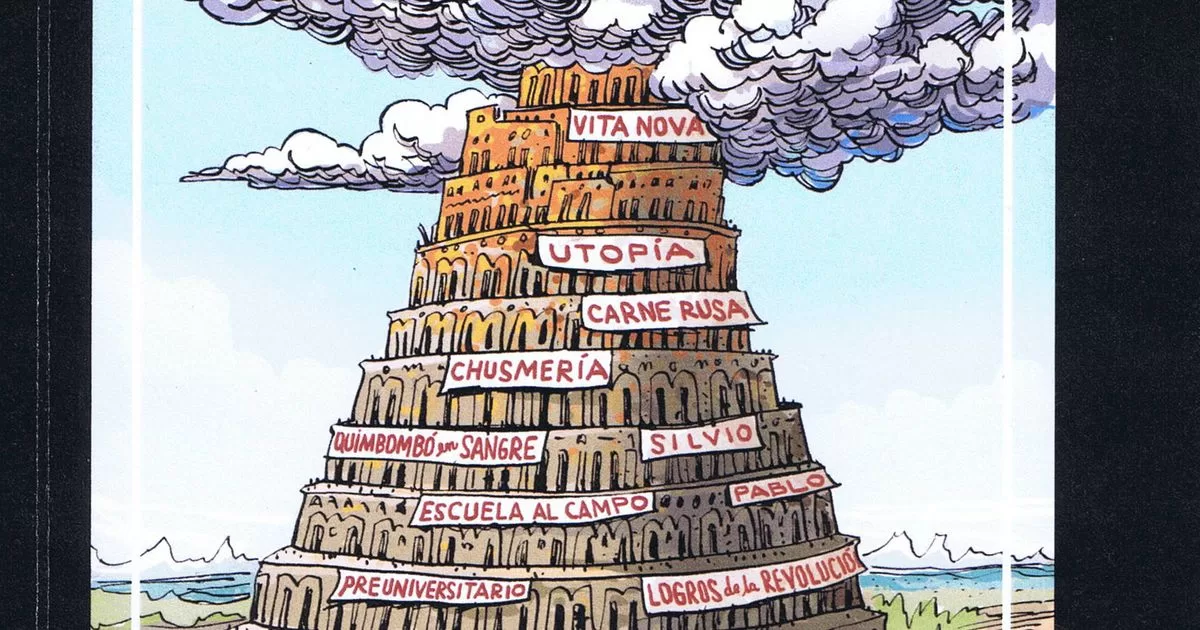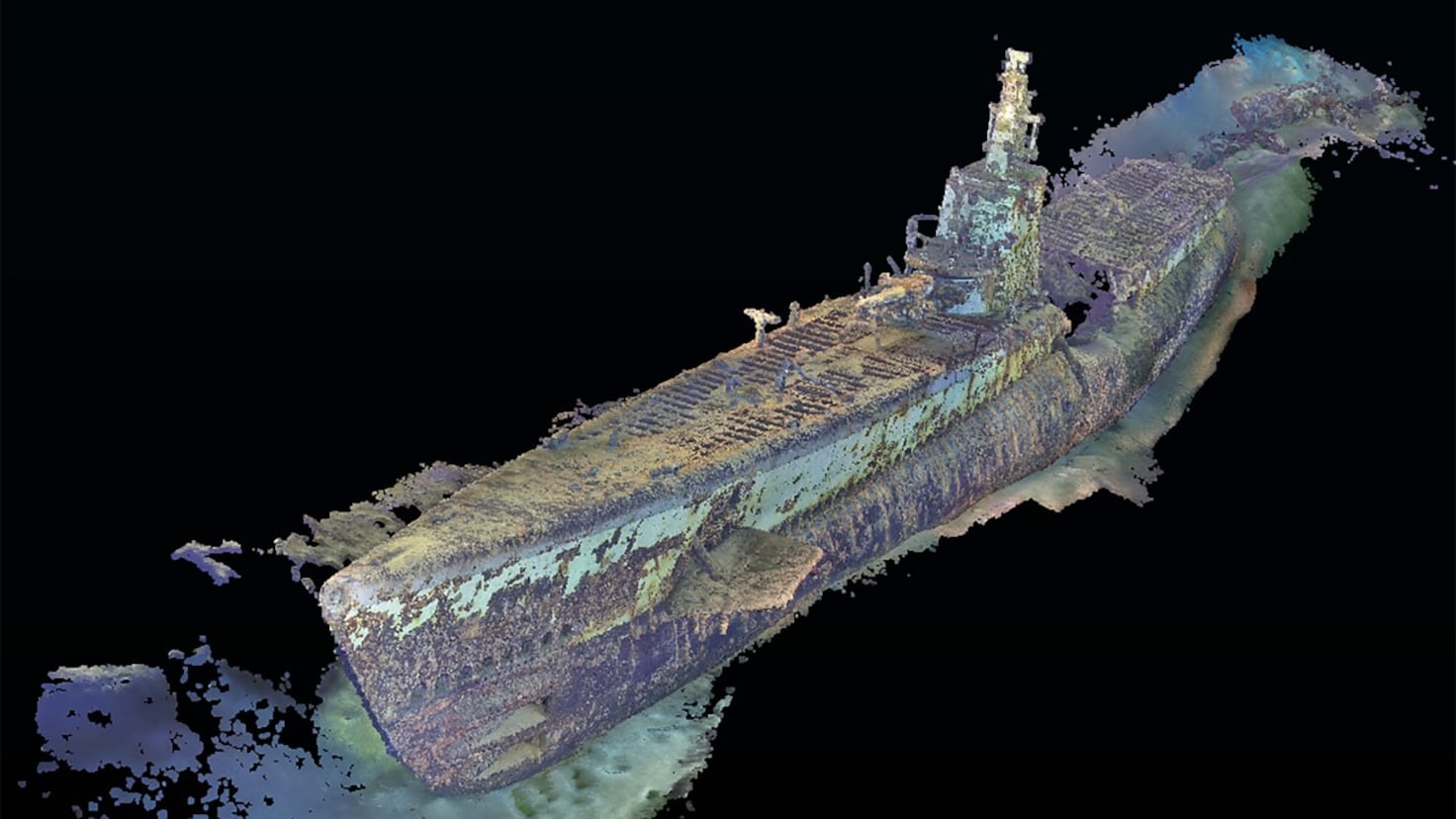MIAMI.- The title is shocking, History and masochism (Ediciones Furtivas, 2023), book by Cuban writer Enrique del Risco (Havana, 1967). It is surprising because of the apparently strange relationship between history and masochism. It seems like a provocation, a hook, a forced relationship, but reading it allows us to understand the scope of the title.
Divided into two parts, the first focuses on masochism and the closing part on the story. The book, without being a selection of the articles, essays and opinions published by the author on his Enrisco blog, includes several of these texts in its pages. However, when put together, the works acquire another dimension, a new projection.
Del Risco is one of those writers who supports his arguments in a forceful way, with an accessible projection, stripping his prose of ruminations, so that his ideas flow with the simplicity/depth that an intelligent, documented and cultured analysis requires. Another factor that characterizes it is humor. Sometimes acidic, at other times those flashes shake and make the outline of the observation even more evident.
From the introduction, the reader of History and Masochism finds statements that induce the exclamation: yes, that’s the same; However, it was necessary to read them: Totalitarianism in Cuba, as anywhere, more than a political regime, it is a culture, a civilization, a custom. Then we read that totalitarianism introduces in people a kind of collective Alzheimer’s that forces grandchildren to go through the same cycle of enchantment and disenchantment that grandparents and parents suffered.
Throughout the first part, the different facets of Castroism are analyzed and at the same time dismantled. Some works stand out such as The Trap of Ideology and An Enlightening Sunday, the latter about the events of July 11, 2021 on the Island, extinguished by the brutal force exerted by the victims of the regime themselves. We must remember the ruler Miguel Díaz Canel: the order of combat is given, calling for a war between his totalitarian power and the defenseless citizens. Del Risco points out: The merit of that July 11 is, for me, that of clarity. Clarify that the silence of Cubans does not mean approval or resignation, but fear, and that rejection of the regime is as widespread as we suspected.
Other essays dismantle Cuban reality through art and literature. Havana Stories, Padilla’s traps (for me one of the best), A sad generation y Pablo Milans as collective drama, texts that are part of a sequence of several convincing and analytical works that run until the end of the first section of the book.
To focus the story, the second part of History and masochism, Enrique del Risco begins by analyzing the humor in the face of the dictatorship and especially that necessary sense that the dictator Fidel Castro himself lacked. One of the first victims of intolerance in any era: humor and the profession that produces it. The article says that from the same year 1959, the regime focused on comedians, and citing the humorist Arstides Pumariega, explains the pressure received by the caricaturist Antonio Prohas, who made a caricature that reflected the entourage (of Castro) as a group. of bowlers. The dictator became angry, forcing the comedian to take the path of exile.
Another notable text in the book is the one titled Brief history of hunger in Cubafollowed equally as in the first part, by a succession of very precise essays, including The Black Box of Hard Years: Mariel Rewrites the Cuban Revolution and Journey to the Center of Nothingness.
When you try to write about a book like History and Masochism, your mind becomes clouded by the amount of information and reflections that are read and crowded together. It is a book by the man, Enrique del Risco; of men, the characters that inhabit its pages, in their incessant struggle to survive in the face of Castro’s totalitarianism, and its sequel of we are continuity, which expresses the regime, where in the face of hopelessness, the only sensible thing, now that it is possible, is sadly, take the path of exile.




